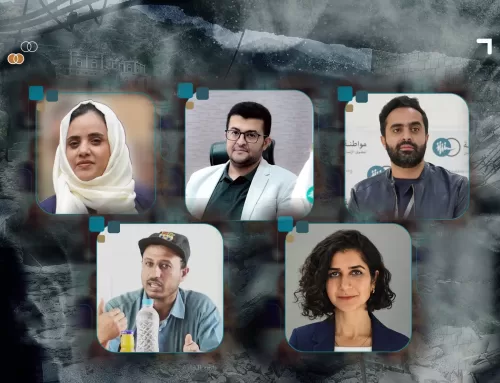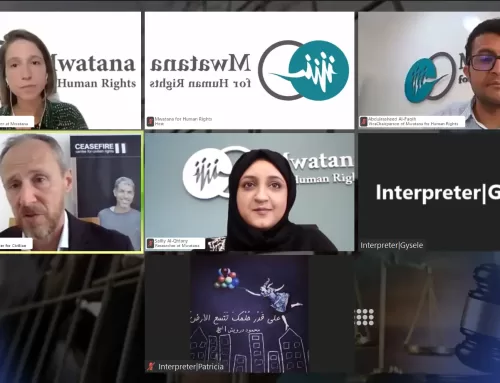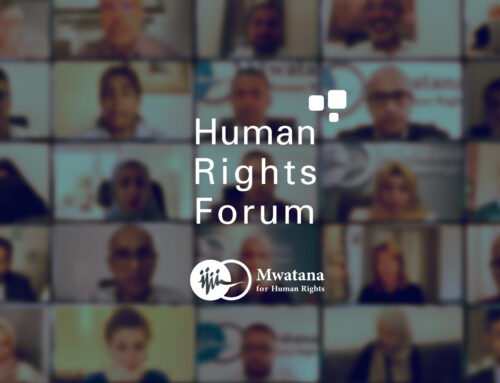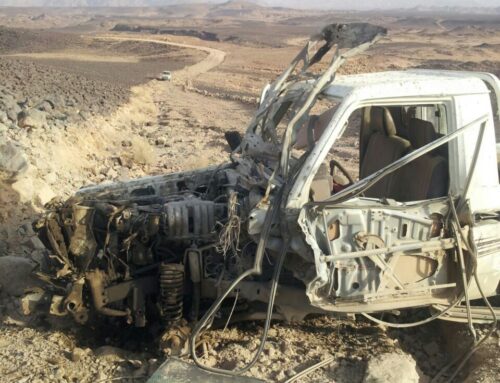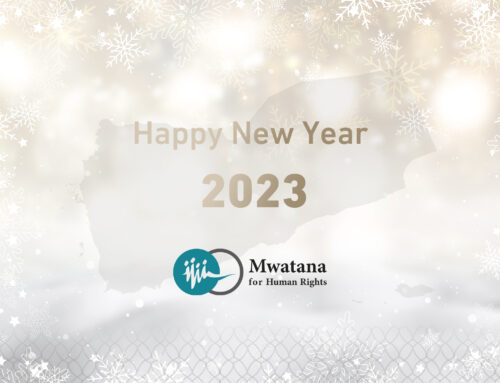Thursday, March 11, 2021
Chairman Deutch, Ranking Member Wilson, and distinguished Subcommittee Members, good morning from Yemen.
A window of hope was opened when the new US Administration declared its intent to take a different approach to the situation in Yemen—one focused on diplomacy, rather than fueling the war. Every single effort towards peace and justice for Yemen over the last few years, including by many Congressmen and women, is to be welcomed.
With increased efforts advocating for peace and justice in Yemen, regional actors have used tricks to avoid pressure, and to avoid their legal and ethical responsibilities. These actors have denied their involvement in the war (like Iran), declared their formal withdrawal from the war (like the UAE), or hid behind a weak government (like Saudi Arabia). But that doesn’t change the fact that these actors continue from behind their curtains to fight in Yemen with less cost to the regional actors and higher costs to Yemeni civilians.
Yemen has faced a series of military escalations that have undermined the state and delivered Yemen—from Saada in the north to Socotra in the south—to different armed groups supported by regional powers.
In the latest military escalation, the Houthis launched an attack on Marib governorate, where many of the country’s internally displaced persons have taken shelter throughout the war.
The international community should work towards an urgent ceasefire in Marib and across Yemen.
The UN has described Yemen as the worst humanitarian crisis in the world.
I’ll say again: Yemenis are not starving; they are being starved.
Yemen’s humanitarian catastrophe can only be understood as linked to the ways in which the warring parties have carried out attacks in the total absence of accountability.
The Saudi/UAE-led Coalition has hit farms, water points and fishermen in their airstrikes, while the Houthis have laid landmines near food and water sources. All parties have obstructed, and blocked humanitarian access.
During 2020 alone, Mwatana documented more than 1020 attacks impacting civilians or civilian objects by all parties to the conflict. These attacks killed or wounded at least 900 civilians, most of them women and children.
In 2020, a Coalition airstrike involving a US weapon, on Valentine’s Day, killed 32 civilians. Most of those killed were women and children.
Much needs to be done in Yemen, but there are some clear places to start. For many years, human rights and humanitarian groups have made the same set of demands of the warring parties. They include:
- Respect human rights and the laws of war.
- Open Yemen’s sea, land, and air ports, including Sana’a airport.
- End the siege of Taiz.
- Pay public sector salaries.
- Release those arbitrarily detained and forcibly disappeared.
- Allow inspection and maintenance of the FSO Safer.
- End all restrictions imposed on civil society and the media.
Such demands should be high on the list of the United States’ priorities, in parallel with efforts towards accountability and peace.
For many years, the US obstructed accountability efforts for Yemen. This should change.
Yemen would not have been the worst humanitarian crisis in the world except for the absence of accountability.
Roads to accountability are very few. Warring parties have made their opposition clear. International routes may be our only chance.
The US should not block the security council from referring Yemen to the International Criminal Court. The US should work with others to push a concrete accountability strategy including justice for war crimes, reparations for victims and support to UN investigations.
Another thing the US can do through the Security Council is to work with other states on a new resolution that provides an effective framework for peace, and avoids the pitfalls of Resolution 2216.
Almost ten years ago, Yemen was a country trying to enter the world as a young democracy. Now, the war has created a safe environment for armed groups. But, until this moment, the majority of Yemenis, when they think about their future, still think this future should be living within a State that guarantees the rule of law and that respects democracy and justice. Yemenis look forward to the moment when sustained d and serious efforts will help them fulfill this dream.
What the US does and says—including what Congress does and says—matters on Yemen. The US can make peace in Yemen more possible, or less. It is as simple as that.


